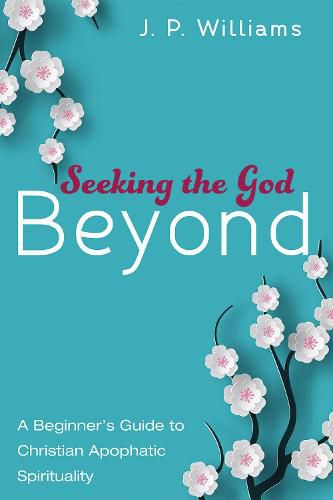Readings Newsletter
Become a Readings Member to make your shopping experience even easier.
Sign in or sign up for free!
You’re not far away from qualifying for FREE standard shipping within Australia
You’ve qualified for FREE standard shipping within Australia
The cart is loading…






Apophatic theology, or negative theology, attempts to describe God, the Divine Good, by negation, to speak only in terms of what may not be said about the perfect goodness that is God.
It is a way of coming to an understanding of who God is, which has played a significant role across centuries of Christian tradition but is very often treated with suspicion by those engaging in theological study today. This book seeks to introduce students to this oft-misunderstood form of spirituality.
Beginning by placing apophatic spirituality within its biblical roots, the book later considers the key pioneers of apophatic faith and a diverse range of thinkers, including C. S. Lewis and Keats, to inform us in our negative theological journey.
A final section explores what difference a negative theological approach might make to our practice and our liturgy.
$9.00 standard shipping within Australia
FREE standard shipping within Australia for orders over $100.00
Express & International shipping calculated at checkout
Apophatic theology, or negative theology, attempts to describe God, the Divine Good, by negation, to speak only in terms of what may not be said about the perfect goodness that is God.
It is a way of coming to an understanding of who God is, which has played a significant role across centuries of Christian tradition but is very often treated with suspicion by those engaging in theological study today. This book seeks to introduce students to this oft-misunderstood form of spirituality.
Beginning by placing apophatic spirituality within its biblical roots, the book later considers the key pioneers of apophatic faith and a diverse range of thinkers, including C. S. Lewis and Keats, to inform us in our negative theological journey.
A final section explores what difference a negative theological approach might make to our practice and our liturgy.